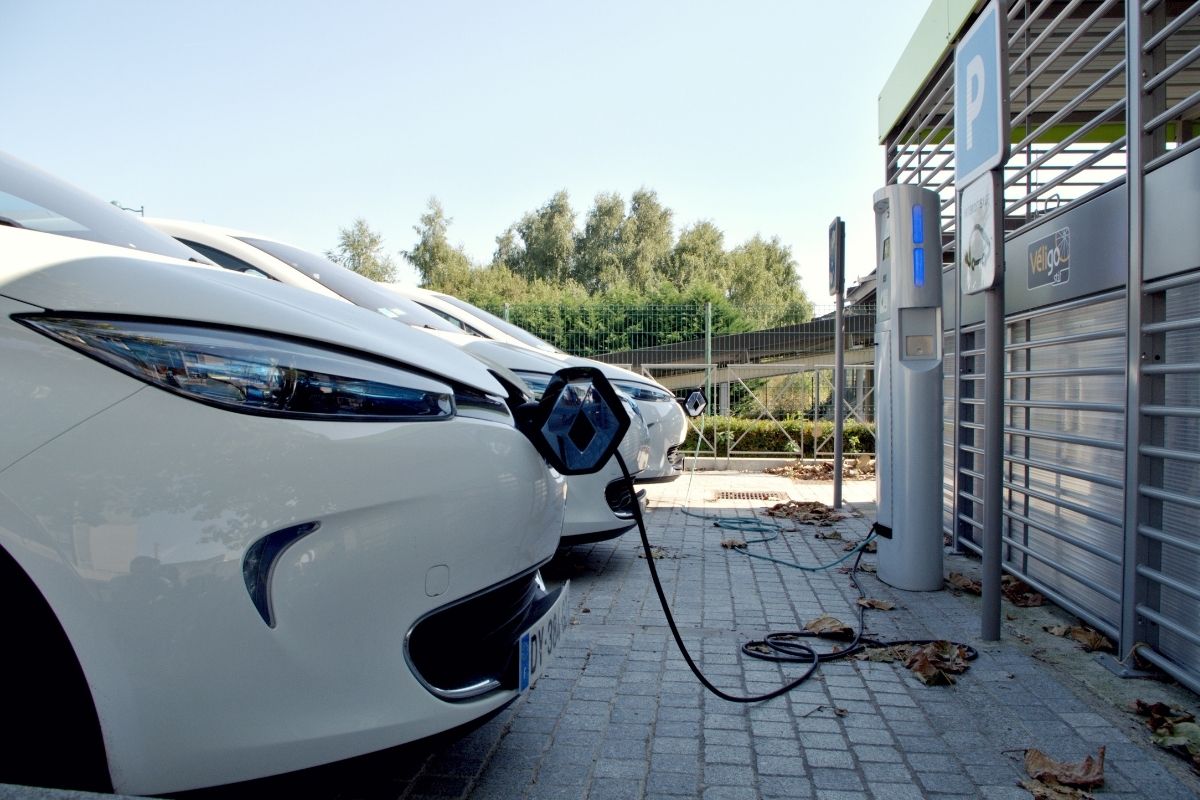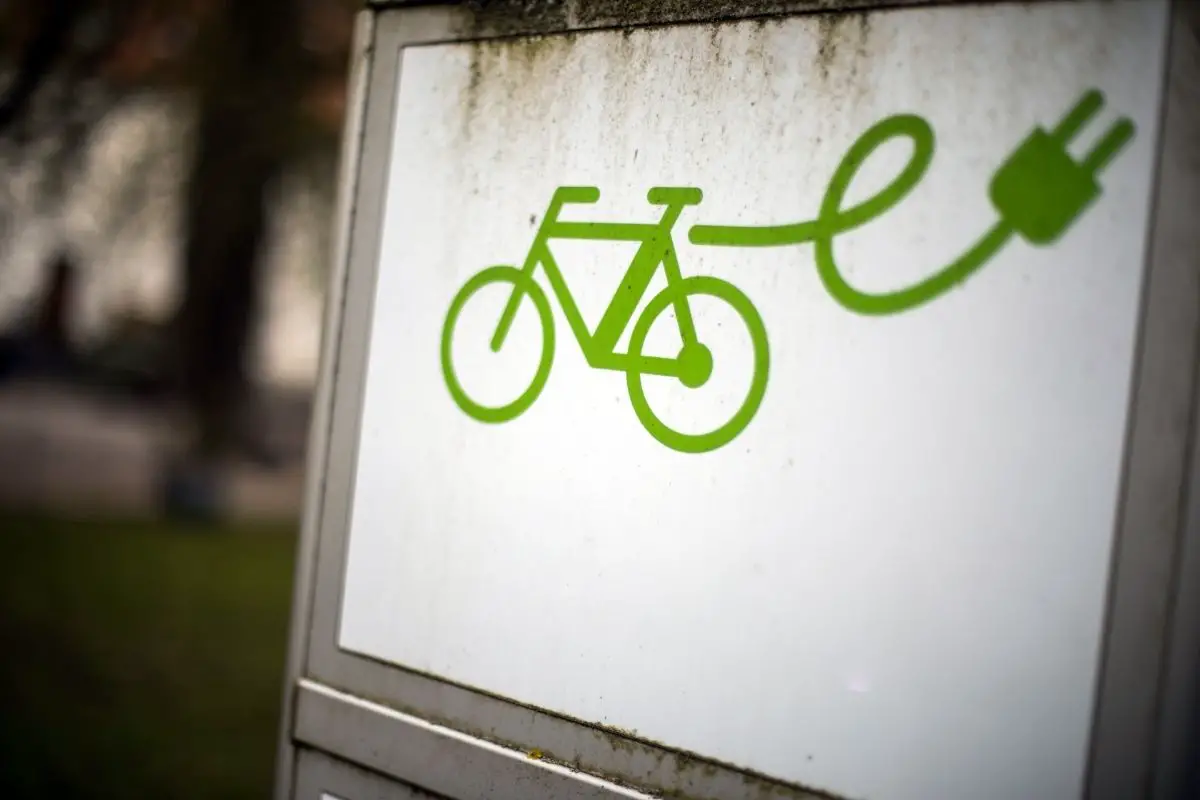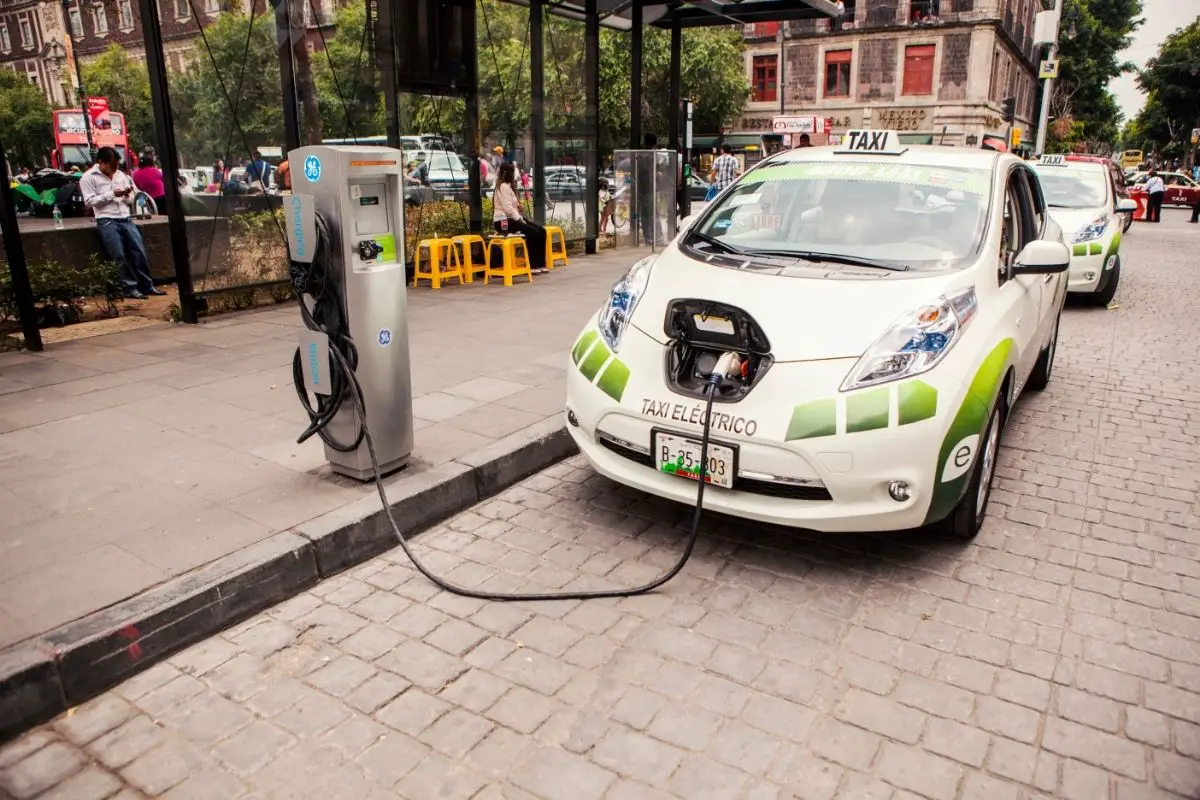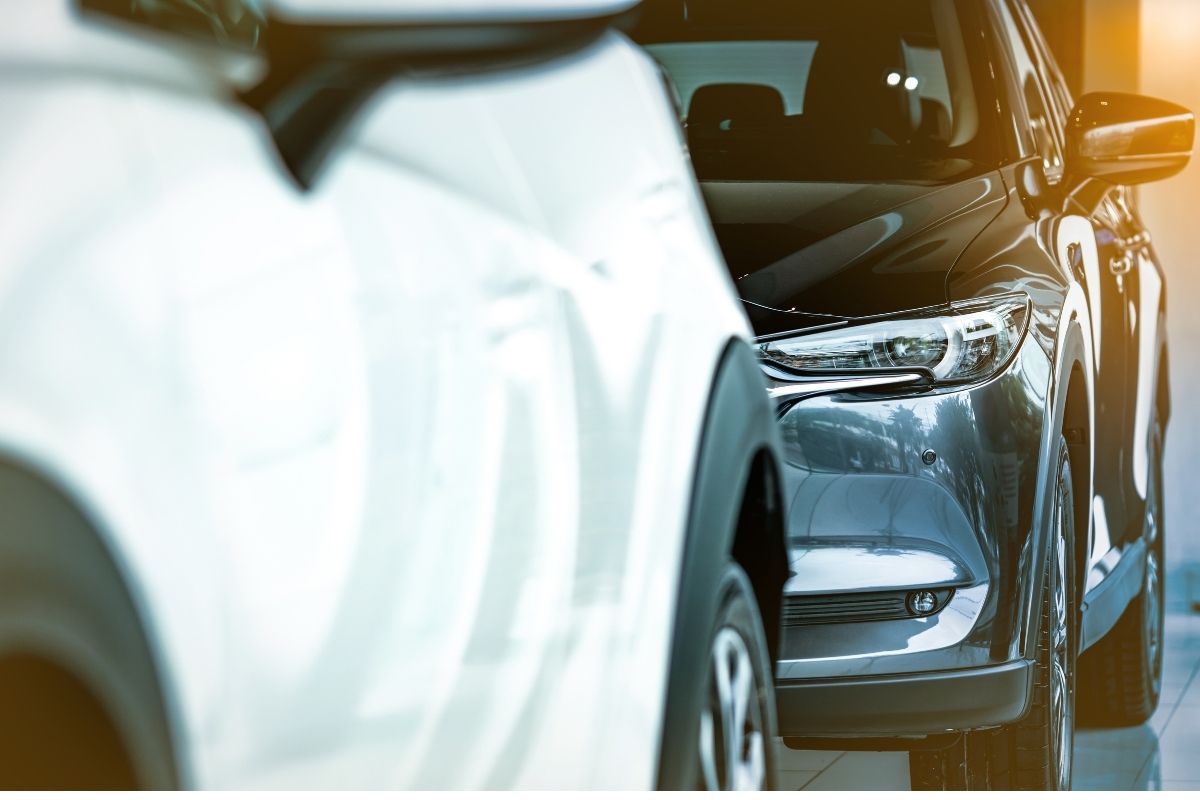Last Updated on March 18, 2022 by
The Nissan Leaf is one of the most coveted electric vehicles out there. While we do still use gas-powered vehicles for the most part, hybrid and EVs are slowly taking over.
This is not a bad thing, as these vehicles are often safer, quieter, more sustainable, and long-term more affordable than the alternative.
If you want to get the absolute best out of your Nissan Leaf, you are going to want to know its charging abilities, charging options, and best charging practices.

So, let’s figure out how long it will take you to charge up your new dream Nissan Leaf.
Nissan Leaf Charging Time
These days, the most asked question among EV owners, or aspiring EV owners, is how long it will take them to charge up their electric car.
We want to know the exact amount of time it will take from complete depletion to the fullest charge. However, the answer is not a simple one…
What Factors Affect EV Charging Times?
As with any EV, there are some primary factors that will influence how long it will take to charge up your Nissan Leaf.
These factors are as follows:
- The size of the car battery.
- The level of the battery’s depletion.
- The equipment you are using to charge the car battery.
- The environmental conditions / ambient temperature.
What Is The Difference Between Charge Time And Charging Rate?
If you wanted an average time for charging a Nissan Leaf, you could anticipate a charge to take anywhere from 40 minutes to 2 days. So, it is a rather broad timescale.
What is most important is the charging rate. So, when you are at the dealership, you also ask about the charging rate, rather than how long it will take to charge.
The charging rate tells you how many miles of range per hour of charging that your car is accruing.
What Is The Nissan Leaf Range?
- When driven on a highway in cold weather (14 degrees F) – approx 95 miles (full to empty)
- When driven in a city in cold weather – approx 135 miles (full to empty)
- When driven on a highway in mild weather (73 degrees F) – 125 miles (full to empty)
- When driven in a city in mild weather – 210 miles (full to empty)
Note: These real range estimations will all be affected by driving speed, driving style, weather and route conditions.
Battery Size And Types Of Charger
So, we know that the length of time it will take to charge is impacted by varying factors. One of these is the type of charger you use to charge your vehicle, and another is the size of battery pack.
What Plug Type Does A Nissan Leaf Use?
The Nissan Leaf has a 6.6kW on-board charge port, and comes with a J1772 connector, which is the industry-approved standard. This is a charge connector which is built to accommodate level 1 and 2 charging using a similar port.
The car also has a rapid charge port which can be found at the front center of your vehicle. The CHAdeMO charge connector supports faster charging rates than level 1 and 2, as a standard across all EVs. The CHAdeMO rapid charger is compatible with the Nissan Leaf.
What Size Battery Does A Nissan Leaf Have?
The Nissan Leaf comes in multiple versions according to the manufacturers. You can choose whichever version best fits your requirements.
So, if you were to decide on the Nissan Leaf which is equipped with a 40 KWh lithium-ion battery, and a 110KW motor, then this would produce around 147Hp, and thus a range of 239.7KM/ 149 miles if it is fully charged.
However, the extended-range LEAF PLUS option offers a rather significant upgrade with a better improved capacity of 62 KWh lithium-ion battery and a 169KW electric motor.
This version will offer 214Hp, which provides a range of around 363.7KM/ 226 miles from a full charge.
Which Nissan Leaf Model Is Best For Me?
If you live in the city, or in a built up area a Nissan Leaf with a 40 KWh battery would probably serve you well.
However, if you live in a rural location, with little civilization around you, a LEAF PLUS with a 62 KWh battery might be a more reasonable choice for you.
So, which version you get is up to you, but keep in mind that the LEAF PLUS will cost more, yet, it will have a larger range and battery.
Charging Ports
There are 3 main charging options for your Nissan leaf, and each offer different benefits and drawbacks.
What Is A Level 1 Charging Port?
The level 1 charger is typically provided with your purchase of the car. You can connect it to a standard 120-Volt outlet in your home.
It is the slowest option however, and will usually take up to 35 hours to get a full charge as it charges at a rate of 2-5 miles per hour.
This kind of AC charging from a standard wall outlet is often referred to as “trickle charging” because the electric charge trickles in. It is cheap and simple, but very slow.
What Is A Level 2 Charging Port?
The level 2 charging option is the most highly recommended and often used option. Level 2 charging can be achieved at home if you have a 240-Volt outlet in your home/ garage. Alternatively you can but and install a connector to enjoy faster home charging. This option is useful for everyday use as it will typically achieve a full charge in 8 hours for a 40 KWh battery, or 11 hours for a 62 KWh battery. It is great for overnight charging. However, the cost of installation can be pricey.
What Is A Level 3 Charging Option?
Level 3 charging uses DC current to charge the electric battery directly, with no need for an AC conversion. This means that it can provide 480 Volts and over and results in rapid charging.
It is not possible to have level 3 charging capability in your own home, so instead you will have to visit a public charging station to access this rapid charging. You can find a public charger in parking lots, highways, and public spaces.
These pod ports can charge your EV from 20%-80% in just an hour! They are best for tops-ups of power between charges, and for times when you need to go on a long journey. You should not use them as the primary charge option as they can degrade your EV’s battery life.
To Conclude
The Nissan Leaf has become one of the most popular and most purchased electric vehicles on the market worldwide.
Since it launched, it has sold hundreds of thousands of units and has won the hearts of those who are more environmentally conscious.
To get the most out of your Nissan Leaf we recommend installing a Level 2 charging port in your home, and making use of the public charging stations in your local area.
Be sure to factor the cost of charging into your calculations when deciding to purchase an EV.
- Why Electric Vehicles Are Not Popular - January 29, 2023
- How Long Do Tesla Batteries Last Per Day? Battery Facts - January 25, 2023
- Do Electric Vehicles Have Air Conditioning? - December 21, 2022









